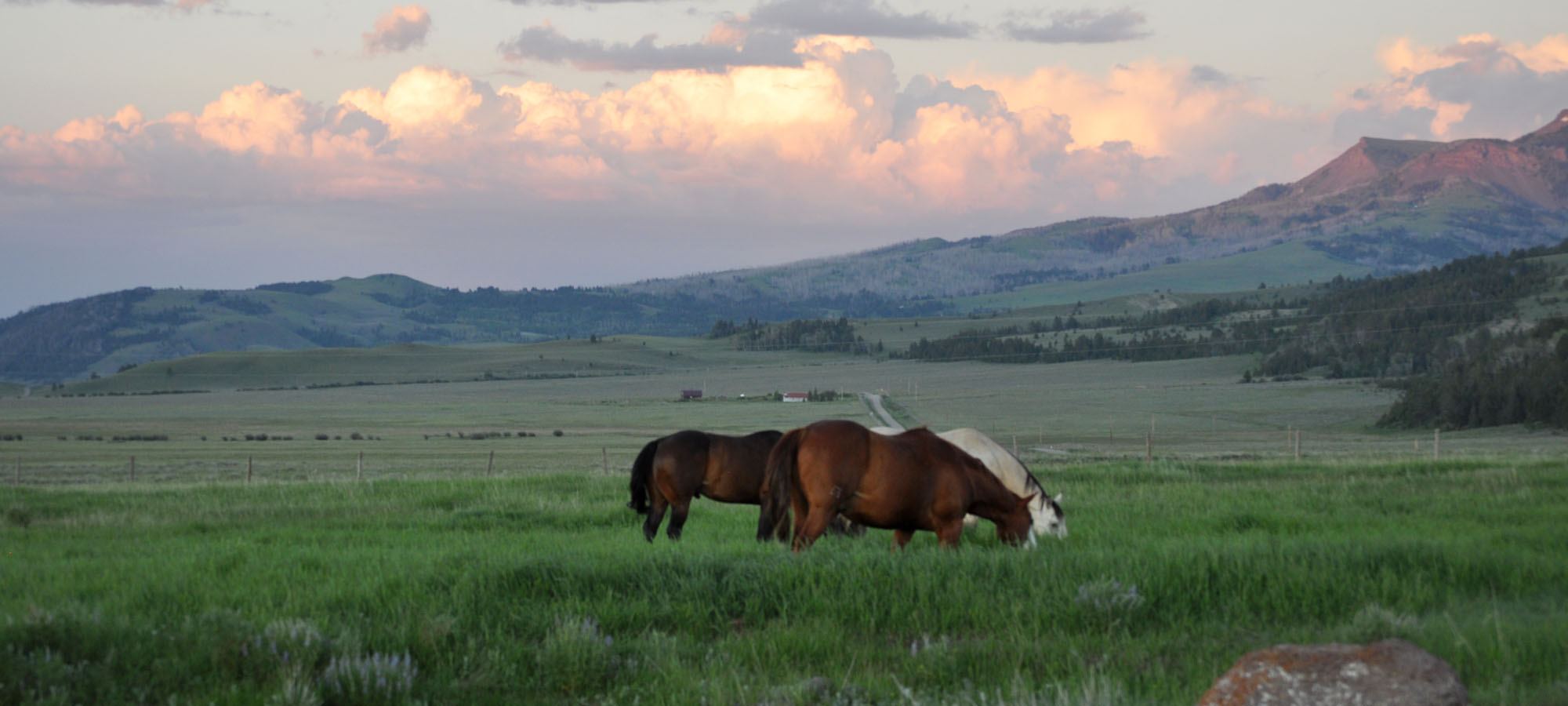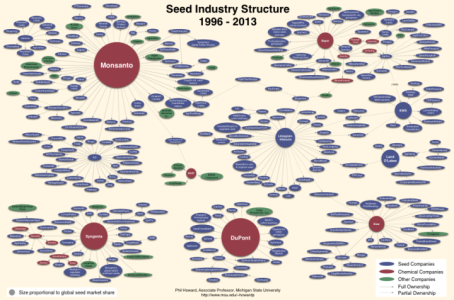Good read
Some good info in the article.......
"A lot of people don't understand how trapped ranchers are in this really broken system," said Jeanie Alderson, whose family has run cattle in southeastern Montana for more than a century. "We don't have a market."
In past decades, when beef prices rose, so would payments to cattle ranchers, who claimed over half of what consumers paid for meat. But that relationship began to break down in 2015. Last year, cattle ranchers received only 37 cents on every dollar spent on beef, according to federal data.
Some good info in the article.......
"A lot of people don't understand how trapped ranchers are in this really broken system," said Jeanie Alderson, whose family has run cattle in southeastern Montana for more than a century. "We don't have a market."
In past decades, when beef prices rose, so would payments to cattle ranchers, who claimed over half of what consumers paid for meat. But that relationship began to break down in 2015. Last year, cattle ranchers received only 37 cents on every dollar spent on beef, according to federal data.
Last edited:




